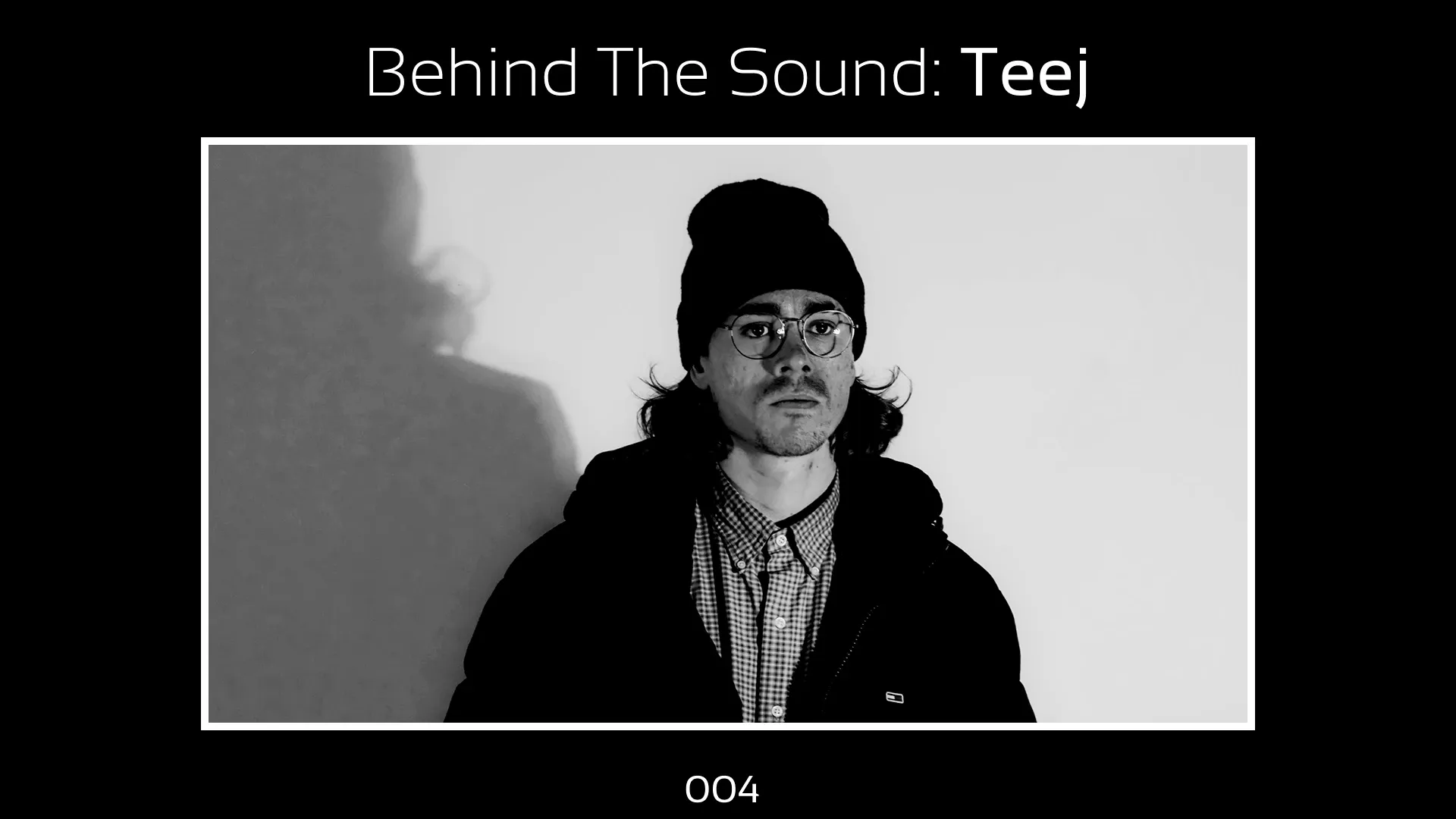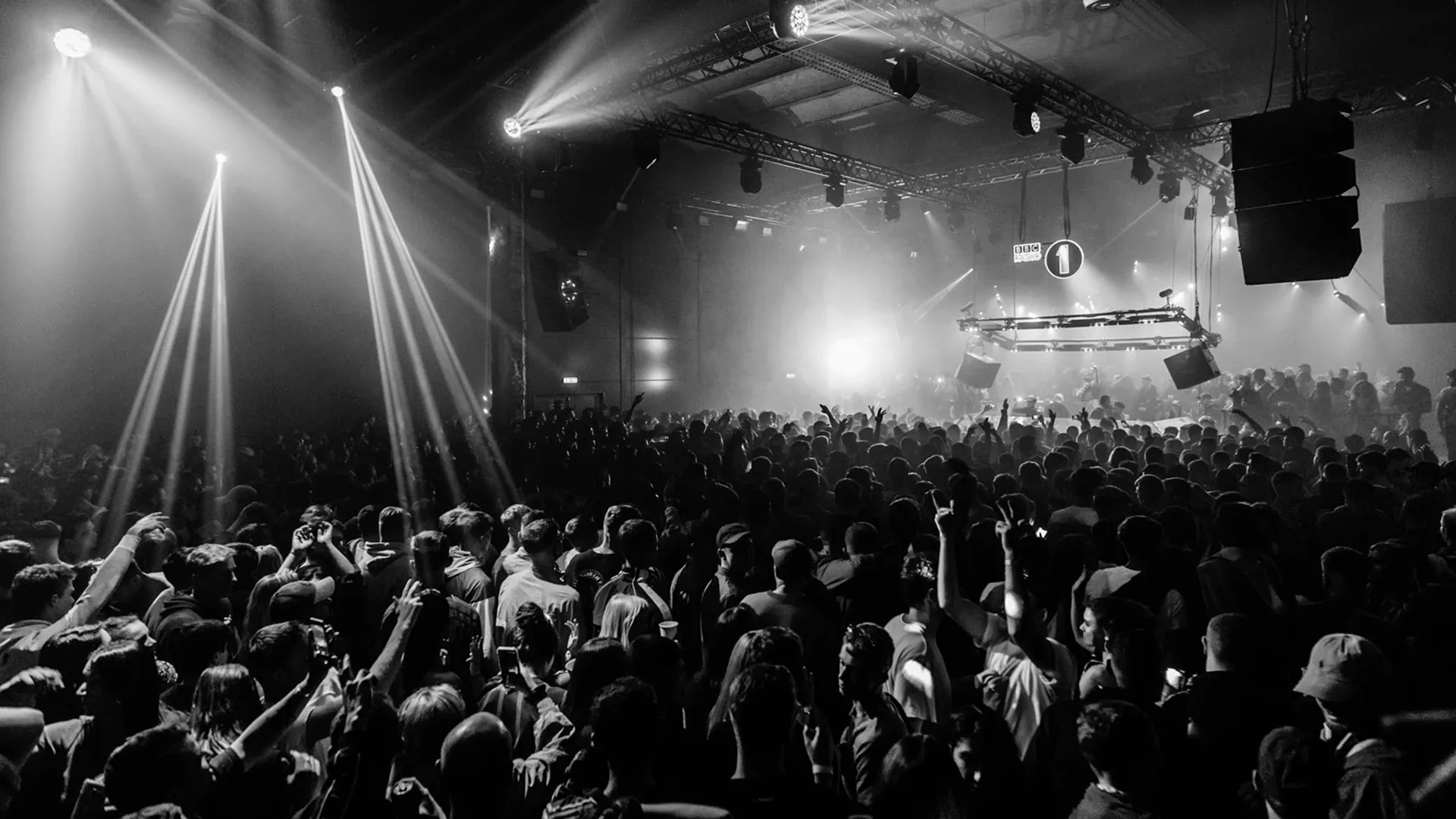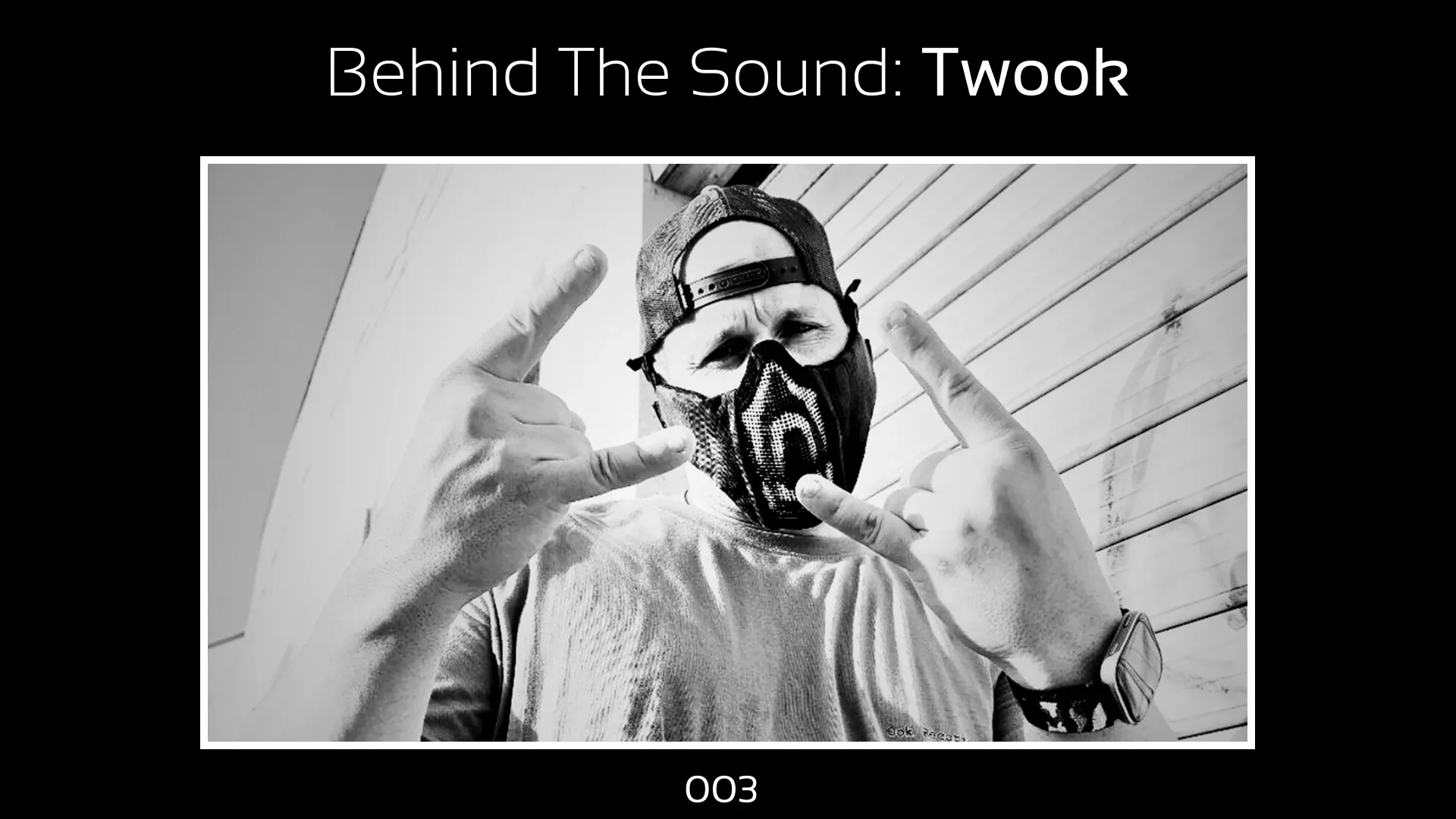An A&R's Advice on How to Get Your Next Track Signed by a Record Label
Here are some tips on how to get your demos heard and signed by labels
4 minutes read
Research
Finding labels that align with your genre and sound is crucial. Many labels are now refusing submissions from new artists because their inboxes are overwhelmed with demos that either don’t fit the label’s genre or fail to follow their submission guidelines.
Many labels are actively seeking new artists and often share what they’re looking for on their social media or website. It’s essential to submit your demos only if they align with the label’s preferences; otherwise, you risk wasting your time, making it harder for other artists to get their demos heard, and potentially having the label ignore your future submissions, even if they do fit.
It’s more effective to research and send demos to three labels that align with your sound than to blindly submit to twenty labels.
Network
Building relationships with labels can significantly improve your chances of getting signed, whether it’s with A&Rs, executives, the marketing team, or even assistants and receptionists. These connections can help get your foot in the door and increase the likelihood of your demo reaching the right person.
Even if you don’t have tracks ready to submit, reaching out to establish a relationship now can pave the way for future opportunities when your music is ready.
You can network by attending events, reaching out through Instagram, sending emails, and using LinkedIn. LinkedIn, in particular, is an underutilised platform for artists to connect with label executives and get noticed. Take advantage of its potential now, before more people recognize its value and competition increases.
Feedback
It's unlikely you'll receive feedback if your demo is rejected by a label, but it’s still important to ask. The feedback they provide can be invaluable for improving your tracks and increasing your chances of getting signed in the future. They might even suggest changes that, once implemented, could lead to your track being signed.
If a label shows interest in your demo but suggests some changes, it’s important to remain open to their ideas and collaborate. Labels typically favour artists who are receptive to feedback and willing to work with them. However, if their suggestions don’t align with the type of music you want to release, it’s equally important to trust your instincts and say no when necessary.
Tools
There are many tools out there that can help connect your music to record labels, some better than others. Here is a list of websites that we believe can genuinely help you get your demos heard by the right people:
At Next Sound, our team has connections with a wide range of labels worldwide and can help get your music in front of the right people. Contact us to learn how we can support and elevate your career!
Here is a list of tools to avoid:
Label Radar
Music Gateway
Sonicbids
Fiverr freelancers
Social Media
Social media plays an increasingly important role in record labels' decisions to sign artists. Being active on platforms like Instagram, Facebook, and TikTok is now essential. It’s a good idea to have a separate “artist account” where you focus solely on content related to your music and career.
While having a large following and high engagement is beneficial, it’s not a dealbreaker, labels often look for potential growth in your social media presence. Focus on creating high-quality, professional, and engaging content, and ensure you post consistently to maximise your impact.
Don’t Give Up!
We know how disheartening it can be to pour your heart and soul into your music only to face rejection or silence from labels. However, perseverance is key, one email, message, or conversation could be the breakthrough that launches your career. If you stay confident in your sound and believe there’s an audience for it, failure shouldn’t be an option. Remember, many artists are in the same position, so focus on what makes you unique and stand out from the crowd.
Releasing music independently is becoming increasingly popular among artists and comes with many advantages, such as a greater share of royalties and more creative freedom. If you’re struggling to get your track signed by a label, this can be an excellent alternative. With the power of social media and DSP algorithms (Spotify, Apple Music, SoundCloud etc...), your track could achieve the reach and numbers you’ve been dreaming of, without the support of a label.



